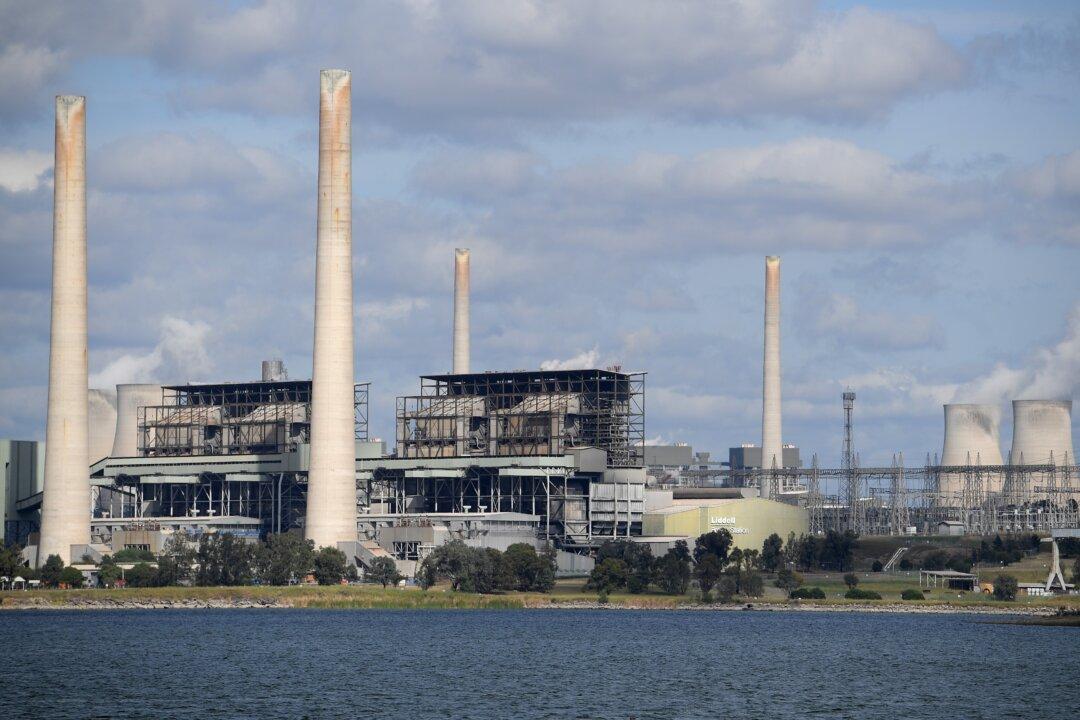The United Kingdom and the European Union (EU) may soon hit Australian exports with carbon tax policies designed to compel European trading partners to reduce emissions.
On March 10, Members of the European Parliament adopted a resolution to support a carbon tax, otherwise called the “carbon border adjustment mechanism” (CBAM).





